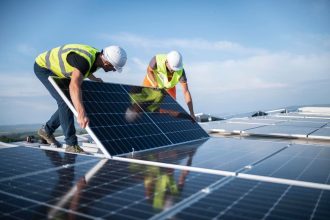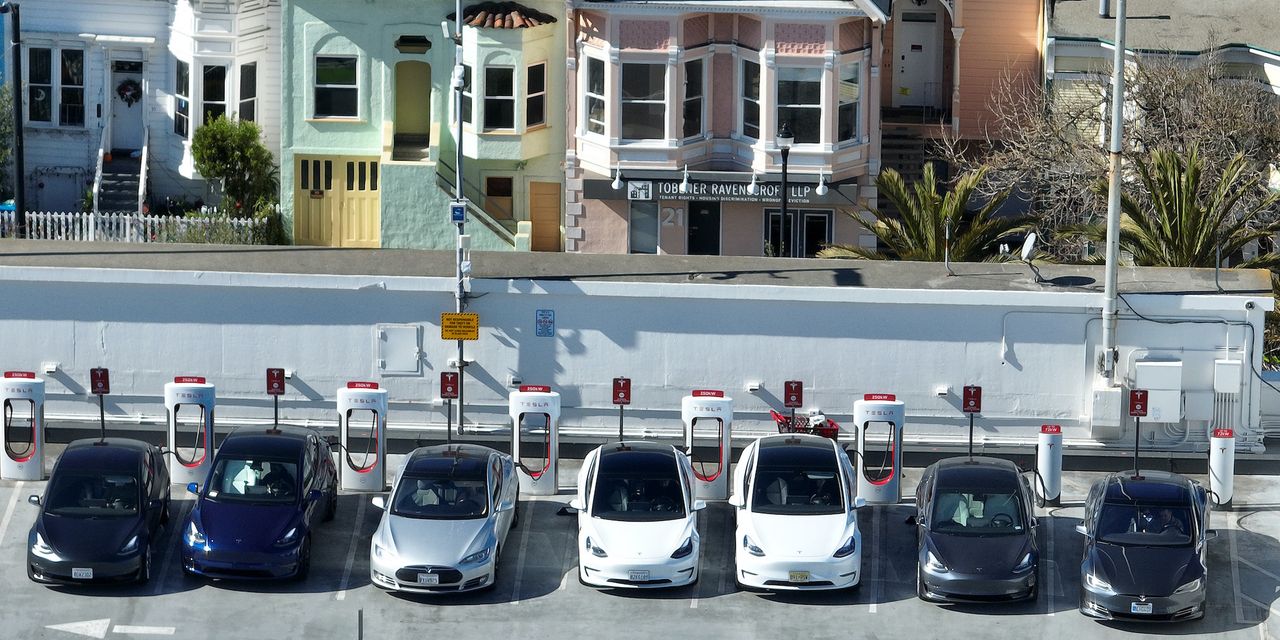California will end a popular rebate program that provides incentives to state residents who buy electric vehicles. In its place, the state will launch a new program focused on helping low- to middle-income buyers transition to EVs.
The state’s Clean Vehicle Rebate Project gives rebates of up to $7,500 for new and leased zero-emission vehicles, including electric, plug-in hybrid electric, and hydrogen fuel-cell vehicles. But, the Orange County Register reports, it “often runs out of money and has long waiting lists.” The state will end the program when it runs out of funds this year.
The state’s government allocates new funds for the program yearly, but they frequently run out before the year is through. The Clean Vehicle Rebate Project has a relatively generous income cap, applying to individuals who earn up to $135,000 and couples earning up to $200,000.
Also see: Range isn’t the only anxiety Americans have about electric cars
Replaced with a new program
The state will replace it with a new program designed to help lower-income buyers. The California Air Resources Board (CARB), which administers the program, explains, “In late 2023, a new program will expand statewide access to the existing Clean Cars 4 All program that gives residents up to $12,000 to scrap and replace older, polluting cars with cleaner alternatives.”
Residents not replacing an older car will be eligible for “up to $7,500 in vehicle purchase grants.”
The new program is called Clean Cars 4 All. The Register reports that it will be available to residents who earn less than 300% of the federal poverty level. “Currently, that level is $43,740 for an individual and $90,000 for a family of four, with sliding scales for household size.”
“The goal here is not to eliminate options for one group of motorists at the expense of another but to assist those who’ve been unable to purchase a cleaner vehicle and to broaden and deepen the state’s ZEV (zero-emission vehicle) fleet. We need everyone possible to afford a ZEV, and this has been part of the plan to do that for a number of years,” says CARB spokesperson David Clegern.
Read: California’s ban will push EV market share in the U.S. to about 20% soon, analyst predicts
EVs remain pricey, but prices are coming down
The cost of the average electric car has fallen nearly one-fifth in the last year. But EVs remain the province of wealthier buyers, with the average EV selling for $55,469 last month.
Several automakers plan to introduce lower-priced EVs over the next few years, like the approximately-$30,000 Chevrolet Equinox EV or the sub-$30,000 Fisker
FSR,
Pear.
See: Fisker has big plans for more EV models—here are 3
Generous state discounts, combined with federal discounts, could drive those prices down significantly. In parts of California, buyers can qualify for enough subsidies to bring the cost of the Tesla
TSLA,
Model 3 (list price $40,240) into the low-$20,000 range.
This story originally ran on KBB.com.
Read the full article here





